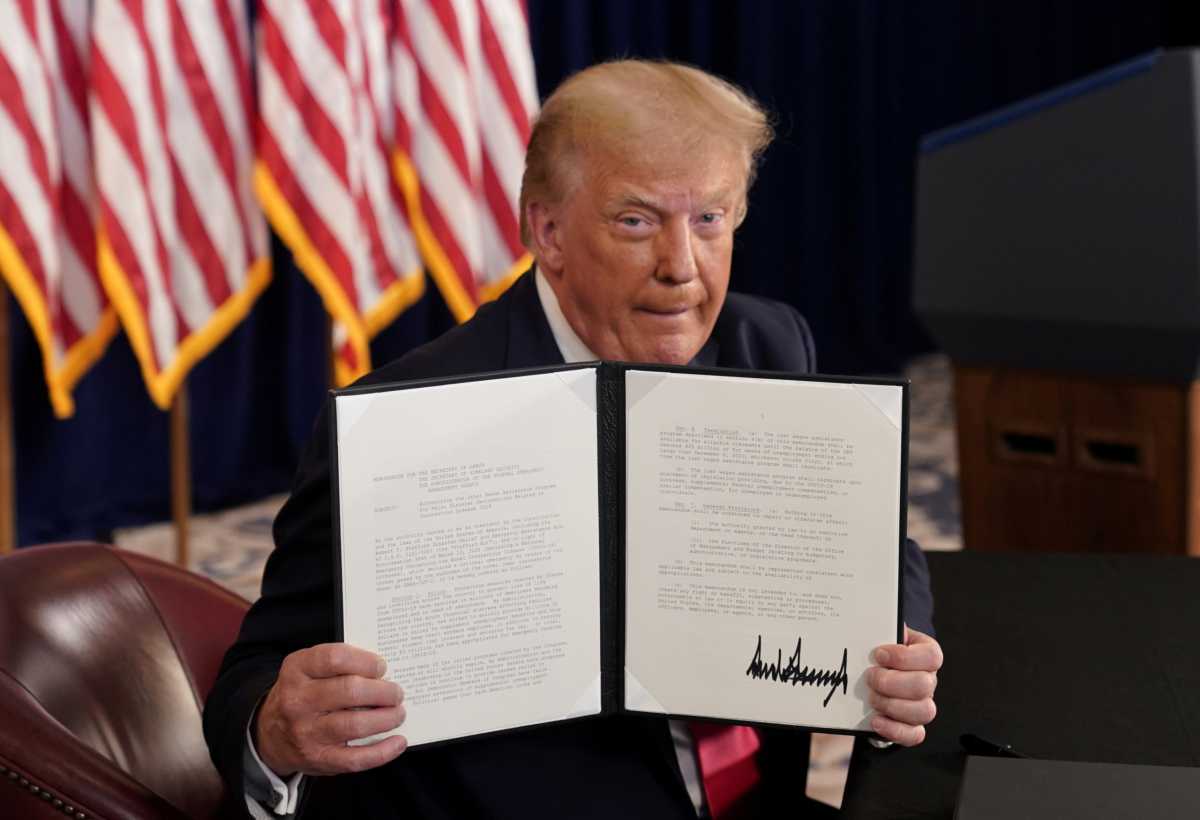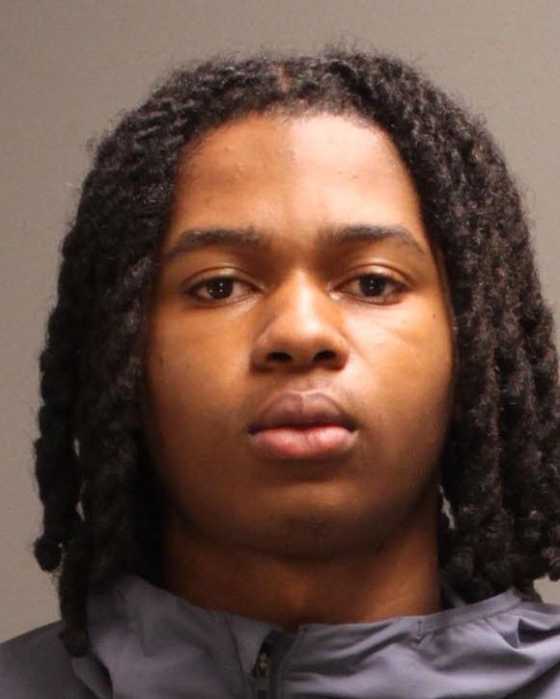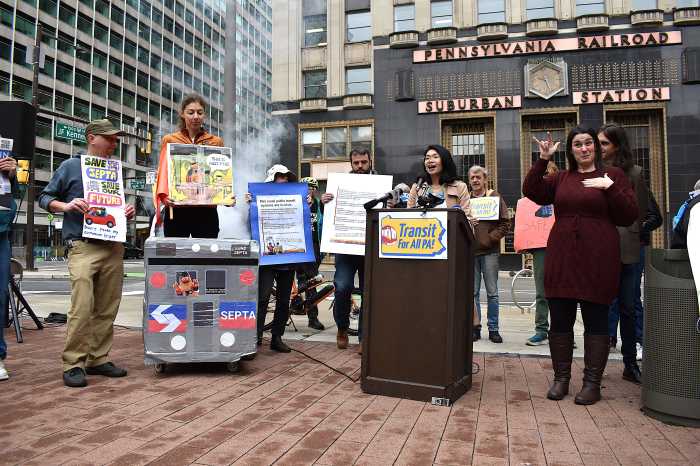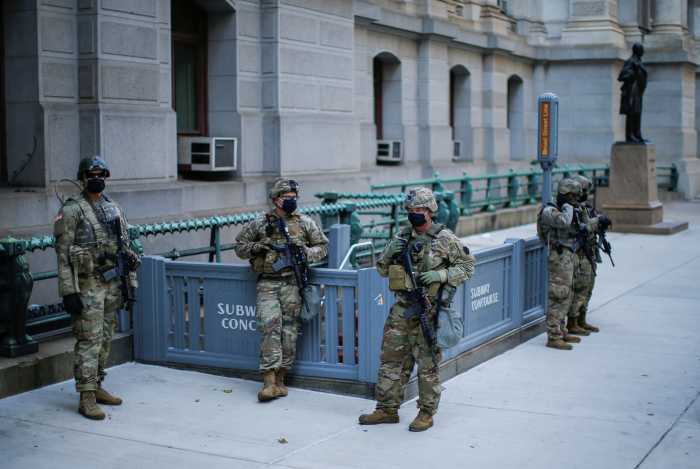By Matt Spetalnick, Andrea Shalal, Jeff Mason and Steve Holland
When President Donald Trump delivered his inaugural speech on Jan. 20, 2017, he promised an end to “American carnage,” a bleak and dysfunctional nation he had insisted that he alone could fix.
Closing out his presidency exactly four years later, Trump leaves behind an even more polarized America, where thousands are dying daily from the COVID-19 pandemic, the economy is badly damaged and political violence has surged.
Trump didn’t create the bitter differences that have come to define American life. Still, he seized upon many of them as tools to build his power base, promising to uplift rural America and the broader working class he said had been neglected by the Washington establishment.
When thousands of his angry followers – the vast majority of them white – marched on the U.S. Capitol on Jan. 6, they rallied behind Trump’s false claims of a stolen election. The rioting that ensued left a police officer and four other people dead, dozens wounded and a nation shaken.
A major part of his legacy when he departs the White House on Wednesday is likely to be Americans more politically and culturally estranged from each other than they were when he took office.
At the heart of that divide, Trump’s opponents say, is race. Early in his presidency, he initially resisted denouncing white nationalists after a deadly 2017 rally in Charlottesville, Virginia, fueling perceptions that he sympathized with their cause. His harsh rhetoric often worsened racial crises that flared over police killings of Black people on his watch.
“Sadly, he is the natural outcome of the history of divide and conquer,” in American race relations, said Reverend William Barber, a prominent civil rights activist and co-chair of the Poor People’s Campaign, an anti-poverty, anti-racism movement that Martin Luther King helped organize in the 1960s. “The thing is, he just pushed it all the way.”
Trump has repeatedly denied any racist animus.
His staunch supporters argue that he served as a corrective to prior administrations of both parties that let down the poor, the working class and rural regions that have struggled in recent decades. That base of support remains large – another likely legacy of the Trump era.
Alex Bruesewitz, a conservative activist associated with Stop the Steal, a pro-Trump movement protesting the election results, said the president retains his appeal to working-class voters. “They felt like they were the forgotten men and women. And the president said, ‘You are forgotten no longer’,” Bruesewitz said.
Trump’s refusal to concede defeat to Democratic President-elect Joe Biden and his encouragement of his supporters to descend on the Capitol mean his term is ending amid a swirl of untruths that millions of Republicans have taken to heart, creating a serious challenge for the new administration to win their trust.
The disorderly transfer of power comes against the backdrop of the increased spread of a pandemic that Trump has downplayed, and mounting financial hardships from the deep recession spurred by it.
Keeping the country on edge, and prompting security lockdowns in Washington and state capitals, is concern that the pro-Trump mob’s siege of the Capitol on Jan. 6 could embolden far-right extremists to further violence.
“There has never been a presidency in modern times when America’s dysfunction has been so fully on display,” said Aaron David Miller, a former State Department adviser to Republican and Democratic administrations who is now at the Carnegie Endowment for International Peace in Washington.
White House spokesman Judd Deere rejected the notion that Trump’s legacy lay in tatters.
In a written statement to Reuters, Deere cited a list of what he considered Trump’s economic accomplishments, such as getting the country on the path to recovery and deregulatory moves, which have included loosened restrictions on auto emissions and oil drilling. He also argued that the president secured the border with Mexico, rebuilt U.S. military strength, brought some troops home and helped orchestrate development of a coronavirus vaccine in a matter of months.
“He leaves office having made America safer, stronger, more secure,” Deere said.
He declined, in the statement, to address racism accusations against the president.
Reuters






























